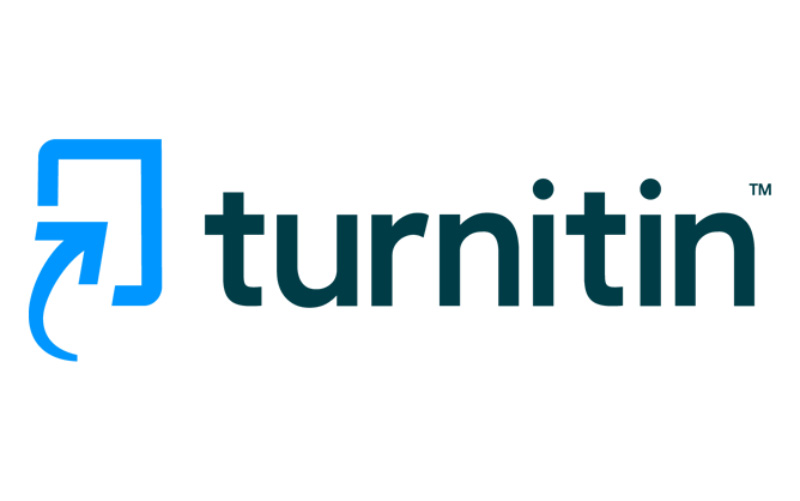KARAKTERISTIK PEMBAGIAN WARIS ADAT JAWA
Abstract
The distribution of inheritance among Javanese indigenous people, has its own characteristics. Although in general there are rules that have become a custom that applies from generation to generation, but in practice there are some variations in the implementation of inheritance. Submission of assets to his off spring does not have to wait for the death of the testator, but can be carried out while the testator is still alive. There are also those who share the inheritance after the testator dies and or the heir has finished his life (1000 days). In Javanese traditional inheritance law there are also known heirs, namely heirs who replace the main heirs, if he dies first. Every child has the right to become an heir, but the portion may differ depending on the habits in the family environment. There are heirs who get the same portion, some who get 2 for men and : 1 for women, and there are also certain heirs getting more shares.
References
Hadikusuma,H. (1993). Hukum Waris Adat, Citra Aditya Bakti, Bandung
Hajati, S., Poesposari, E.D., et., al., (2018). Buku Ajar Hukum Adat. Jakarta: Prenada Media Kencana
Soemitro, R.H. (1990). Metodologi Penelitian Hukum dan Jurimetri. Cet. IV, Jakarta: Ghalia Indonesia
Soekanto, S. (2012). Hukum Adat Indonesia. Cetakan ke 12. Jakarta: Rajawali Pers
Suparman, E. (1995). Intisari Hukum Waris Indonesi. cetakan ke 3. Bandung: Mandar Maju
2. Jurnal
Ali, U,. (2004). “Hukum Waris Adat dan Hukum Waris Islam dalam Prespektif Perbandingan”, Jurnal Hukum Ius Quia Iustum, Fakultas Hukum Universitas Islam Indonesia, Yogyakarta, No.25, Vol 11, Januari, 2004
Authors whose manuscript is published will approve the following provisions:
-
The right to publication of all journal material published on the AKTUAL JUSTICE journal website is held by the editorial board with the author's knowledge (moral rights remain the property of the author).
-
The formal legal provisions for access to digital articles of this electronic journal are subject to the terms of the Creative Commons Attribution-ShareAlike (CC BY-SA) license, which means Jurnal of AKTUAL JUSTICE reserves the right to store, modify the format, administer in the database, maintain and publish articles without requesting permission from the Author as long as it keeps the Author's name as the owner of Copyright.
-
Printed and electronically published manuscripts are open access for educational, research, and library purposes. In addition to these objectives, the editorial board shall not be liable for violations of copyright law.









1.png)

